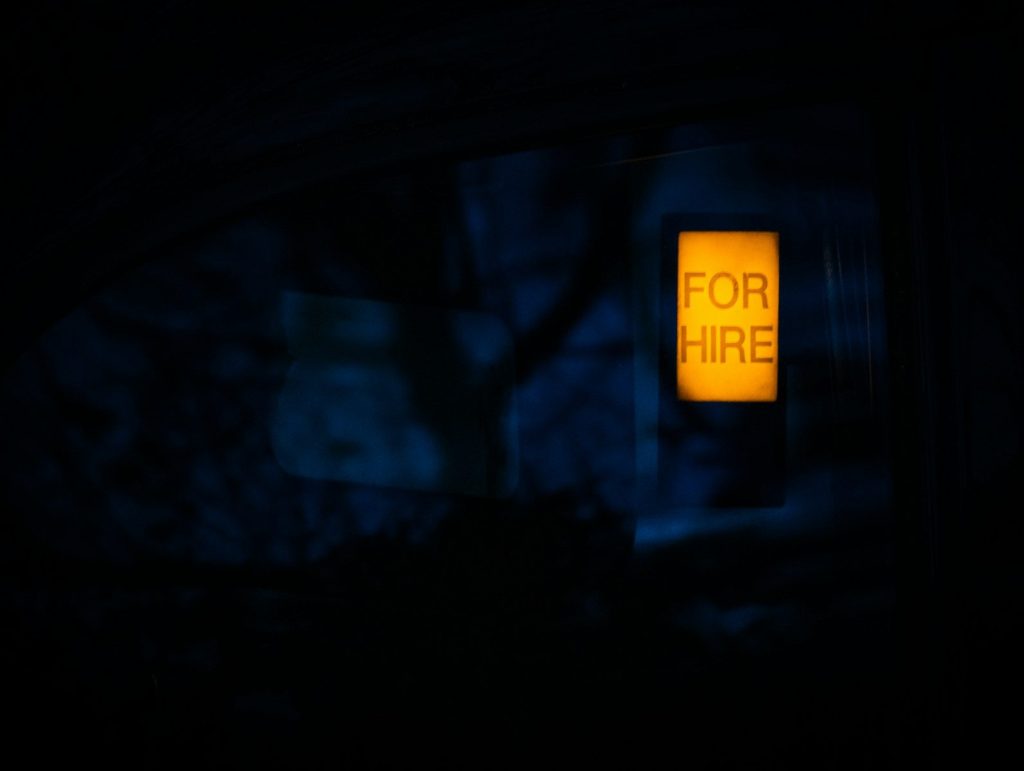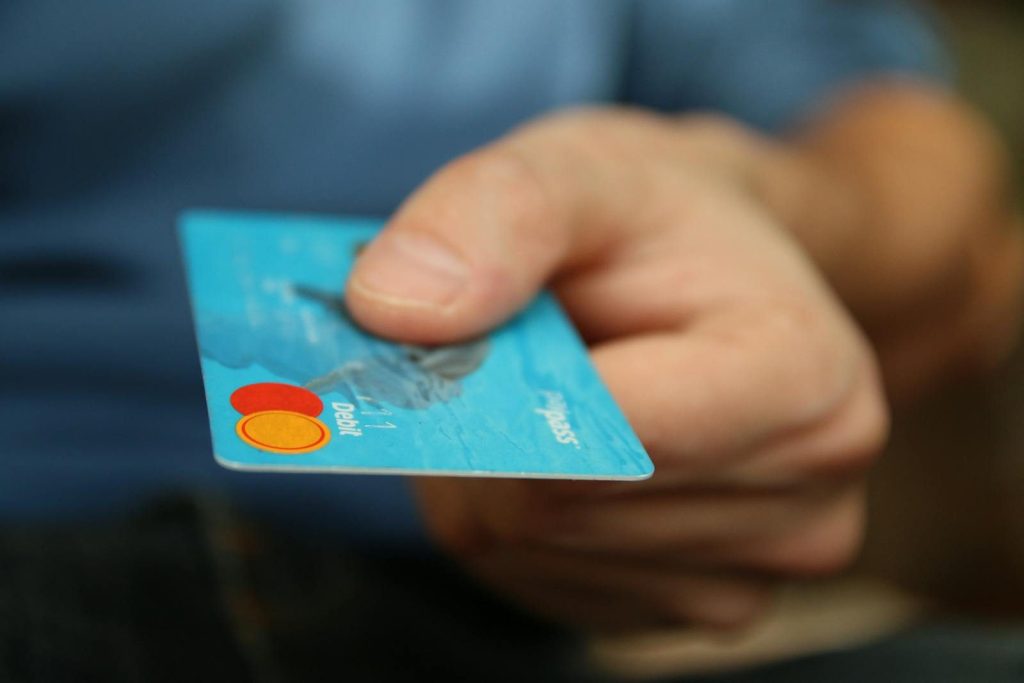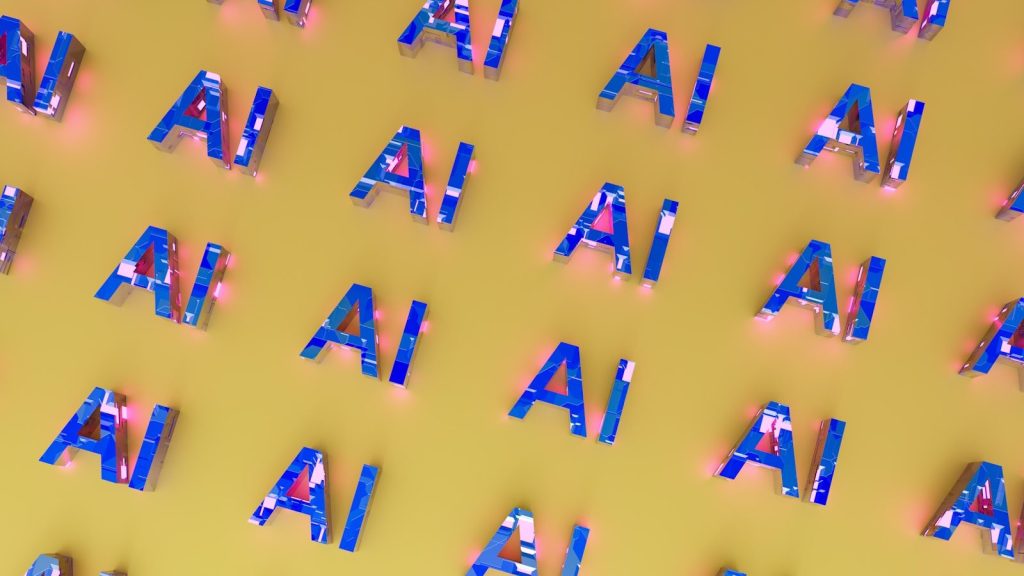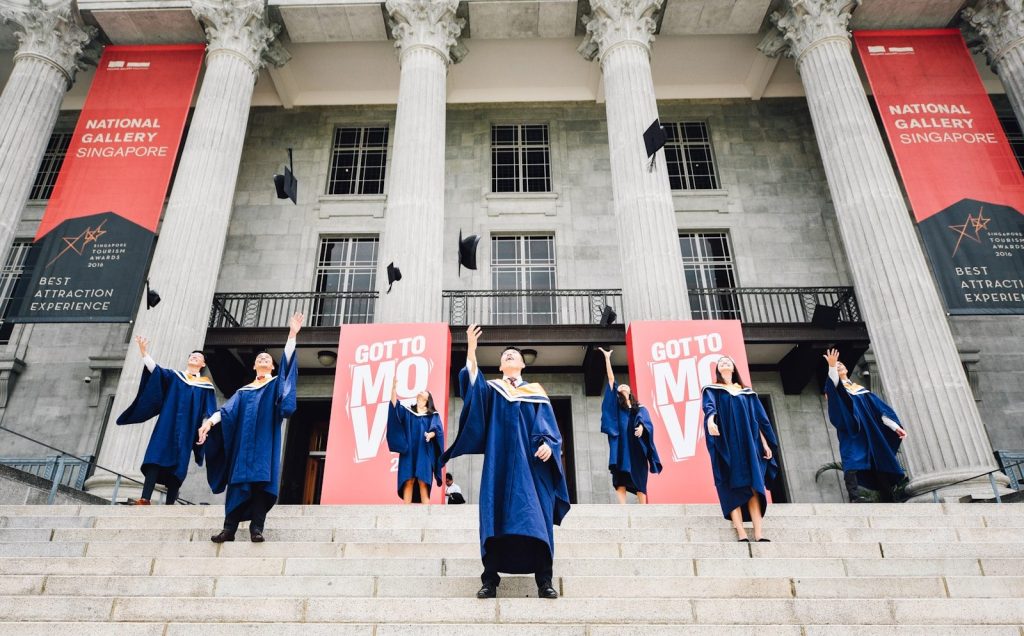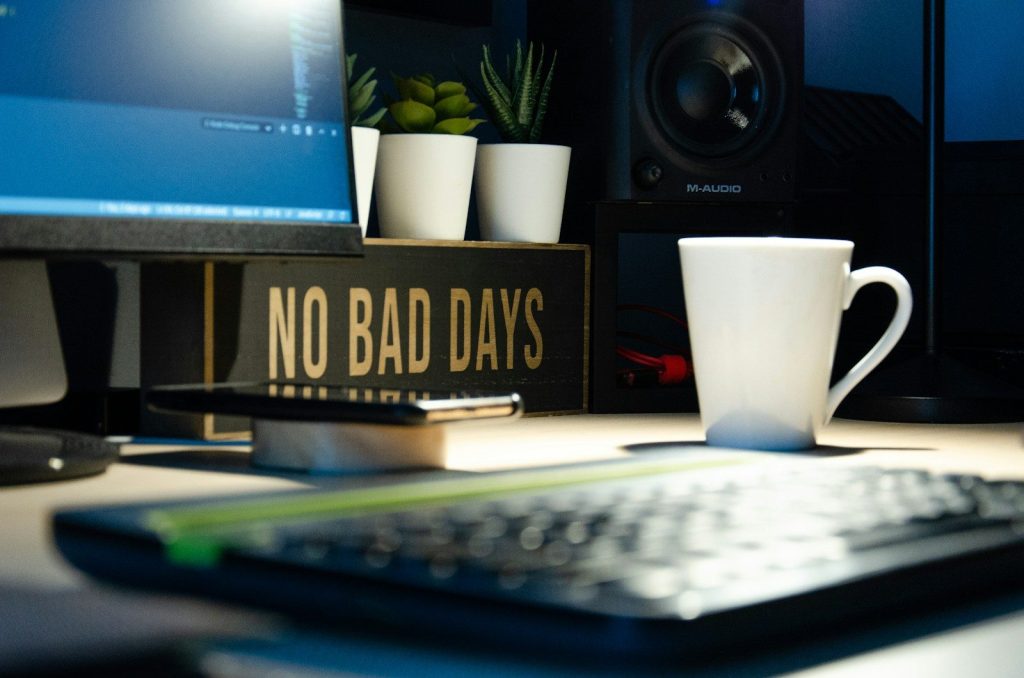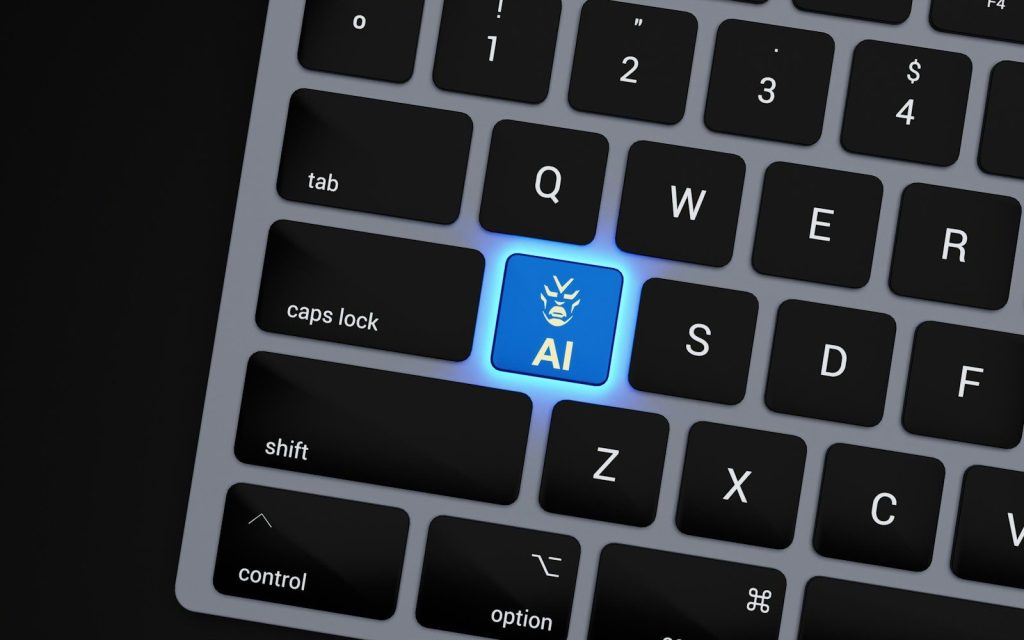Getting a first credit card is a major milestone—but it’s also one of the most misunderstood steps in a young adult’s financial journey. Used wisely, it can open doors. Used carelessly, it can lead to years of debt, stress, and limited financial options.
Parents: If your teen is heading to college, chances are they’ll be offered a credit card—often with tempting perks like “free” T-shirts or cash-back deals. But too few students understand how these cards really work. This is your chance to turn a potentially risky moment into a lifelong learning opportunity.
Students: A credit card is not free money. It’s a tool—and like any tool, it can help you build or break things. That tiny piece of plastic has the power to shape your financial future for better or worse.
Here’s what most people don’t tell you:
1. Interest Adds Up—Fast
If you don’t pay your balance in full every month, interest charges will start piling on. That $200 pizza-and-textbook weekend can end up costing $300 if you only pay the minimum.
2. Your Credit Score Starts Now
Every swipe, payment, and missed due date affects your credit score. A strong credit score can help you get approved for an apartment, car loan, or even a job. A bad one? It can close doors before you even realize they were there.
3. Limits Are Not Suggestions
If you have a $500 limit, that doesn’t mean you should spend $500. Try to stay below 30% of your limit—this helps maintain a healthy credit utilization rate, which improves your score.
4. Set Clear Ground Rules
Parents and students should agree on expectations before the card is ever used. Will you co-sign? Who pays the bill? What are the “emergency only” exceptions? Talk now so there are no surprises later.
5. Make It a Teaching Tool
Use the first few months to learn. Check statements weekly. Watch how interest is calculated. Learn how automatic payments can help—but also how they can hide overspending if you’re not careful.
A credit card can help your teen start building credit the smart way—or it can be their first big financial mistake. The difference comes down to one thing: education. Talk about it now. Practice together. Make mistakes small and intentional.
Because one smart card choice today can lead to financial freedom tomorrow.
Because what good is a degree… if you can’t manage your money?

